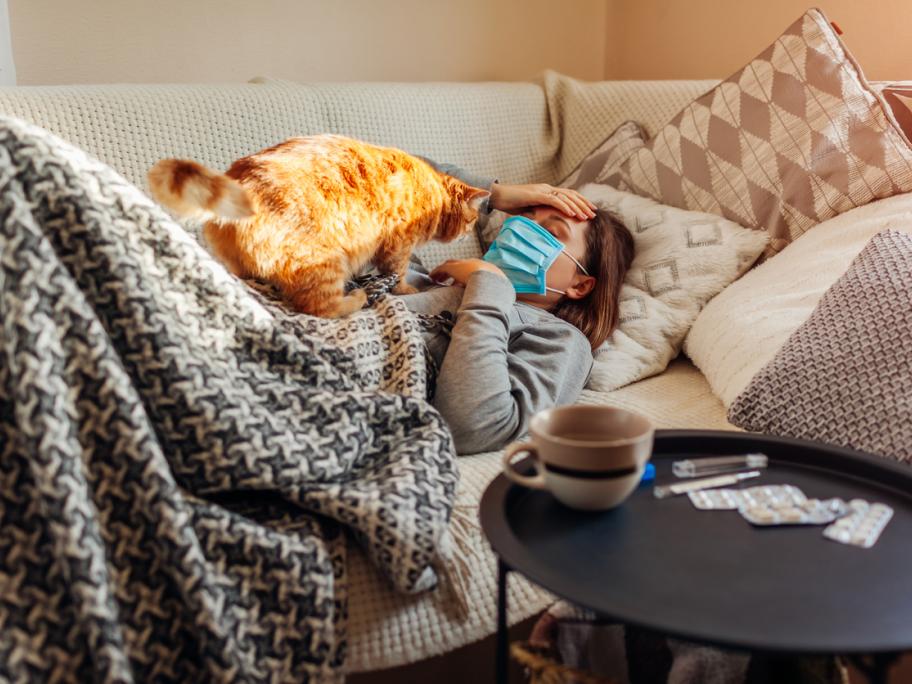MSEsperanza
Senior Member (Voting Rights)
Code:
https://twitter.com/ClrBlwrs/status/1278572045077446657https://www.kcl.ac.uk/news/why-reassuring-the-public-may-not-be-the-best-way-to-end-lockdown
Last edited:
https://twitter.com/ClrBlwrs/status/1278572045077446657
Code:https://twitter.com/ClrBlwrs/status/1278572045077446657
https://www.kcl.ac.uk/news/why-reassuring-the-public-may-not-be-the-best-way-to-end-lockdown
Uh... what? No. Not even close. Where do they even get this stuff? First there's a whole range of behavior and most people are not fragile toddlers. Wessely is aware that most people have no problem watching the needle go into their arm without dissembling into hysteria, right? Doesn't appear so.When the dentist says “This won’t hurt”, our anxiety spikes and we expect pain, which in turn increases the likelihood of feeling pain, due to heightened attention and hypervigilance.
OK get these dangerous fools away from public platforms. ASAP.Instead it is better to mobilise the public to tolerate the uncertainty of the current situation and encourage them to gradually return to the workplace, use public transport, or send their children back to school.
Recent work from my own university, King’s College London, has shown that 44 per cent of the UK population is “suffering” under the lockdown, with the vast majority of this group feeling very anxious and depressed and a significant proportion sleeping badly. The case for new measures and messaging to reassure this half of the country that their safety will not be compromised once the all-clear is sounded therefore seems logical on the surface. But look deeper, and the case seems a lot less wise.
There is considerable evidence about the impact of reassuring anxious individuals and anxious populations. It shows that this approach generally doesn’t work, particularly once the quantifiable danger has passed. Reassurance offers transient false comfort that rapidly fades; when unwarranted, it promotes distress – particularly in relation to health-related anxiety.
One important cause is that the virus is not under control in the UK (I may not be up to date)


